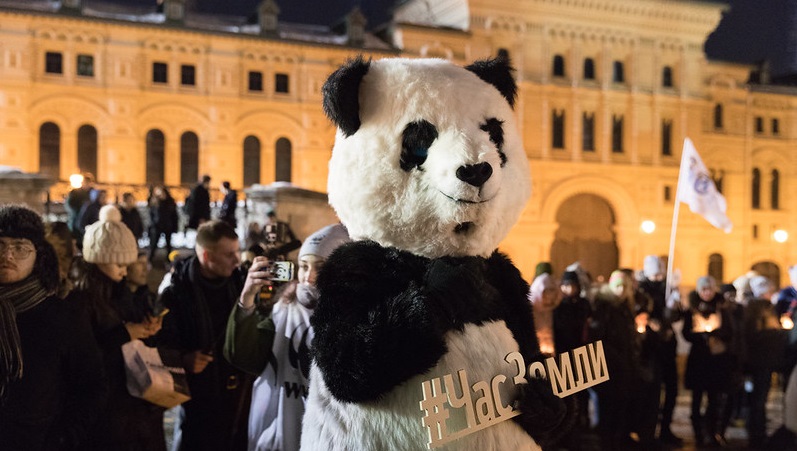The Russian chapter of the global environmental campaign group WWF on Thursday said it had cut ties with WWF International after Russia designated WWF as an “undesirable organisation”.
The label is equivalent to a ban on the group’s activities in Russia.
On Wednesday, the prosecutor-general had accused WWF-Russia of presenting “security threats in the economic sphere”. It said WWF had waged “tendentious” campaigns against the energy, oil and natural gas industries, which it said were aimed at “shackling” Russia’s economic development.
WWF-Russia had already been labelled a “foreign agent”, a designation that carries connotations of spying. The tag has been applied widely to civil society groups, with the effect of further crushing citizen-led activism, already under broad pressure from authorities.
WWF International said its Russian branch had operated as a “non-partisan national organisation, fully governed and managed by Russian citizens working towards the preservation of the biological diversity of the planet”.
WWF began working in Russia in 1989 and has been involved in major projects to protect endangered species such as Siberian (Amur) tigers, polar bears and European bison.
The organisation said it regretted being accused of posing a security threat, and that “conservation of our natural world is vital, particularly as the climate and biodiversity crises accelerate around the world”.
WWF’s fellow environmental group Greenpeace was banned in Russia last month. WWF Russia said it would no longer use the WWF acronym or panda logo.
